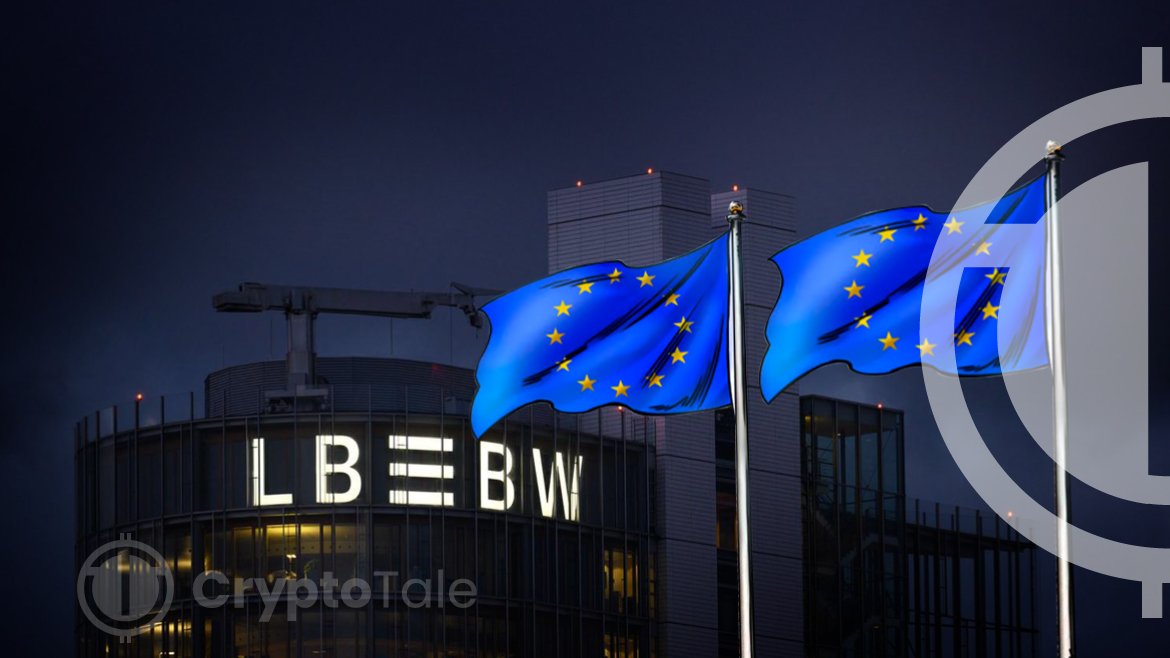- German banks are preparing for MiCA regulation by planning to introduce cryptocurrency services in response to increasing corporate demand.
- Landesbank Baden-Württemberg aims to launch cryptocurrency custody solutions in 2024 in partnership with Austria-based Bitpanda.
- The MiCA regulatory framework, effective December 2024, will establish comprehensive legal guidelines.
German banks are preparing to expand their services into the cryptocurrency domain. This move is aligned with the upcoming implementation of the Markets in Crypto-Assets (MiCA) framework, set to be the first comprehensive legal structure governing the crypto industry in the European Union, effective from December 2024.
Per a recent Bloomberg report, Landesbank Baden-Württemberg, Germany’s largest federal bank, has announced its plans to launch cryptocurrency custody solutions by the second half of 2024. This decision comes in response to the growing demand from corporate clients for digital asset management services. The bank will collaborate with Austria-based Bitpanda to use its Bitpanda Custody platform, which boasts decentralized finance (DeFi) capabilities and is registered with the United Kingdom’s Financial Conduct Authority (FCA).
Similarly, Deutsche Bank has also been active in the digital asset space, working with Swiss crypto startup Taurus since September 2023 to develop crypto custody and tokenization services. Furthermore, DZ Bank, the second-largest bank in Germany, is set to introduce a crypto trading pilot later in the year, following the launch of its own digital asset custody platform in November 2023.
The proactive steps taken by these banks are in preparation for the MiCA regulatory framework. According to Vyara Savova, senior policy lead at the European Crypto Initiative, 2024 marks a significant year as it introduces a regulated environment for crypto-assets, crypto-asset services, and crypto-asset service providers (CASPs), with crypto exchanges being a specific type of CASP. Under MiCA, these entities will become fully regulated by the end of the year.
The finalization of the MiCA bill is still underway, with a crucial consultation on reverse solicitation guidelines concluding on April 29. The outcomes of this consultation are expected to have a substantial impact on how non-EU exchanges and other CASPs can serve EU citizens and market their services within Europe.






